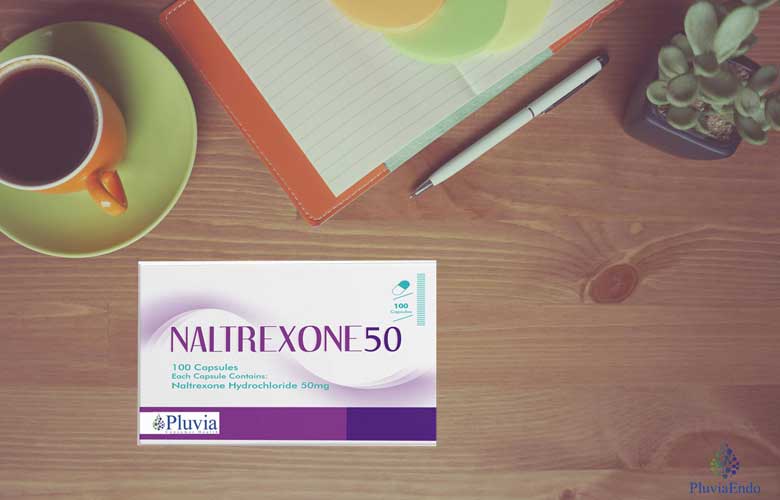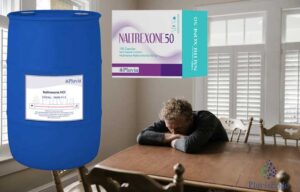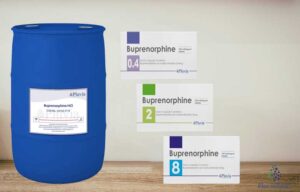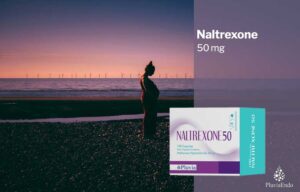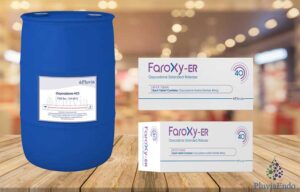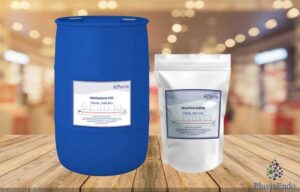Depression is a serious mental health condition that affects millions of people worldwide. While there are various treatment options available, some individuals may be seeking alternative or complementary approaches to manage their symptoms. Low Dose Naltrexone (LDN) has garnered attention in recent years for its potential benefits in treating depression. In this blog post, we will delve into the relationship between LDN and depression. We will explore its benefits and considerations to help you make an informed decision about incorporating LDN into your mental health treatment plan.
Understanding Depression and Its Impact
Depression is a complex mental health condition that affects millions of people worldwide. It can manifest in various forms. For instance, persistent feelings of sadness, and loss of interest in activities. Also, changes in appetite or sleep patterns, and difficulty concentrating. Depression can have a significant impact on a person’s overall well-being, affecting their relationships, work, and daily functioning.
Individuals experiencing depression may also face feelings of hopelessness, worthlessness, and guilt, making it challenging to seek help or engage in activities they once enjoyed. It’s essential to recognize that depression is a real and valid condition that requires understanding, support, and appropriate treatment.
Moreover, depression can present differently in each person. Some individuals may experience mild symptoms that come and go. Some others may struggle with severe, long-lasting bouts of depression. Understanding the complexity of depression and its impact on an individual’s life is crucial. It’s essential to provide effective support and treatment options.
In exploring the relationship between LDN and depression, it is essential to consider the multifaceted nature of depression and the unique needs of each individual. By understanding the challenges faced by those living with depression, we can better appreciate the potential benefits and considerations of incorporating LDN as part of a comprehensive treatment approach.
Exploring Low-Dose Naltrexone (LDN) as a Treatment Option
Low Dose Naltrexone (LDN) is a medication that has been gaining attention in the treatment of depression. LDN works by blocking opioid receptors in the brain. It can lead to increased production of endorphins and other natural pain-relieving chemicals. This can help reduce inflammation and regulate the immune system, which are factors that have been linked to depression.
Before considering LDN and depression, it is essential to consult with a healthcare professional who is knowledgeable about this medication. LDN is typically prescribed at a much lower dose than what is used for opioid addiction. The dosage and timing of LDN intake are crucial, and it is important to follow the prescribed regimen carefully.
While LDN shows promising results in some individuals with depression, it is not a one-size-fits-all solution. Like any medication, LDN may have side effects and interactions with other medications, so it is crucial to discuss these considerations with your healthcare provider.
Overall, exploring Low doses of Naltrexone as a treatment option for depression can be beneficial for some individuals, but it is essential to approach it with caution, under the guidance of a qualified healthcare professional.
Benefits of LDN for Depression Management
Low Dose Naltrexone (LDN) is gaining attention as a potential treatment for depression due to its unique benefits. One of the primary advantages of LDN is its ability to modulate the immune system. It can help reduce inflammation and support overall mental health. Research suggests that LDN may also increase the production of endorphins. Also, it can increase the body’s natural feel-good chemicals. Moreover, it can improve mood and alleviate depressive symptoms.
Furthermore, LDN is known for its minimal side effects compared to traditional antidepressant medications. Many individuals find that LDN is well-tolerated. It does not cause the same level of adverse effects commonly associated with standard antidepressants, such as weight gain or sexual dysfunction. This makes LDN an attractive option for individuals seeking alternative treatments for depression.
Additionally, LDN has shown promise in helping individuals with treatment-resistant depression or those who have not responded well to other interventions. By targeting the body’s endorphin system and immune response, LDN offers a novel approach to managing depression that can be effective for individuals who have not found relief with conventional treatments.
In conclusion, the benefits of LDN for depression management lie in its ability to modulate the immune system and boost endorphin production. It offers a well-tolerated alternative to traditional antidepressants. It presents a promising avenue for individuals seeking new options for managing their mental health.
LDN and Depression: Considerations
Low Dose Naltrexone (LDN) has been gaining attention as a potential treatment for depression. While LDN can offer several benefits, it is crucial to understand the considerations and potential side effects associated with its use. One consideration to keep in mind is that LDN is not yet FDA-approved for the treatment of depression, and its effectiveness may vary from person to person. Additionally, LDN may interact with other medications, so it is essential to consult with a healthcare provider before starting LDN treatment.
Like any medication, LDN may also have side effects. Common side effects of LDN include vivid dreams, difficulty sleeping, and gastrointestinal issues. These side effects are usually mild and may improve over time as the body adjusts to the medication. However, it is essential to monitor for any severe side effects and report them to a healthcare provider promptly.
In conclusion, while LDN shows promise as a treatment option for depression, it is essential to consider the potential side effects and consult with a healthcare provider before starting treatment. By understanding the benefits and considerations of LDN, individuals can make informed decisions about their mental health care.


